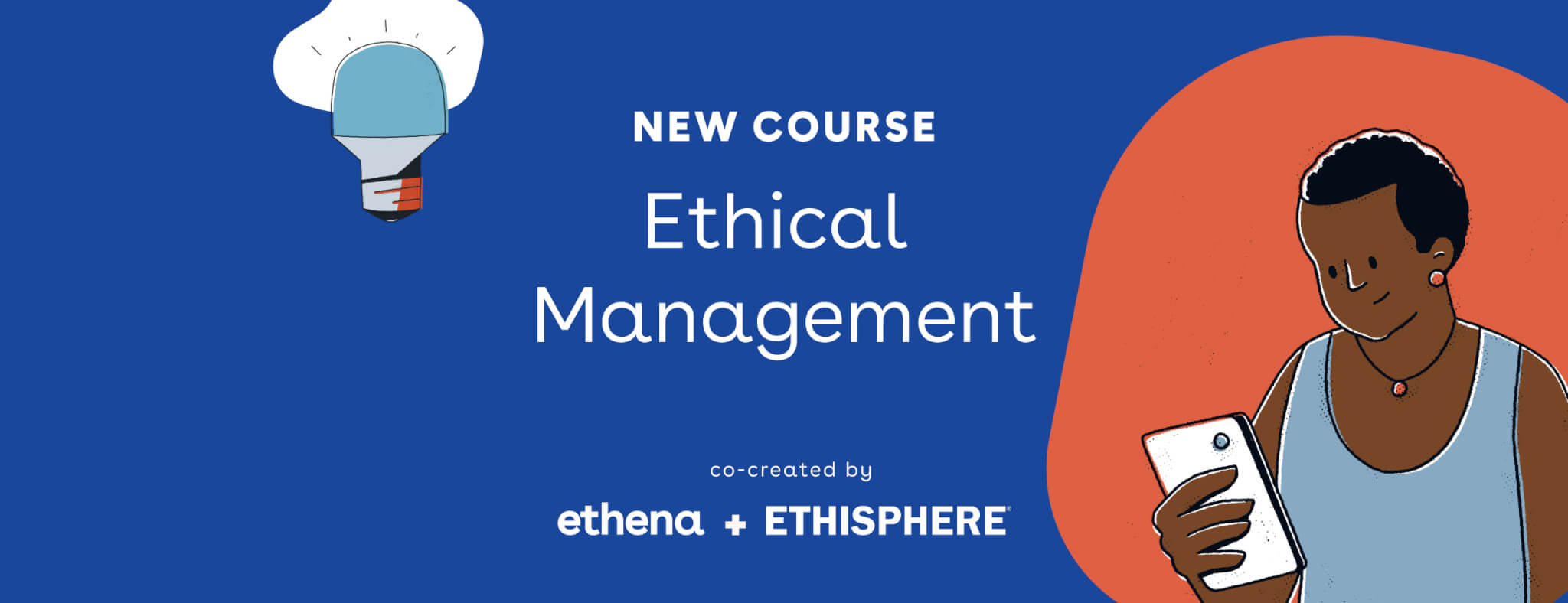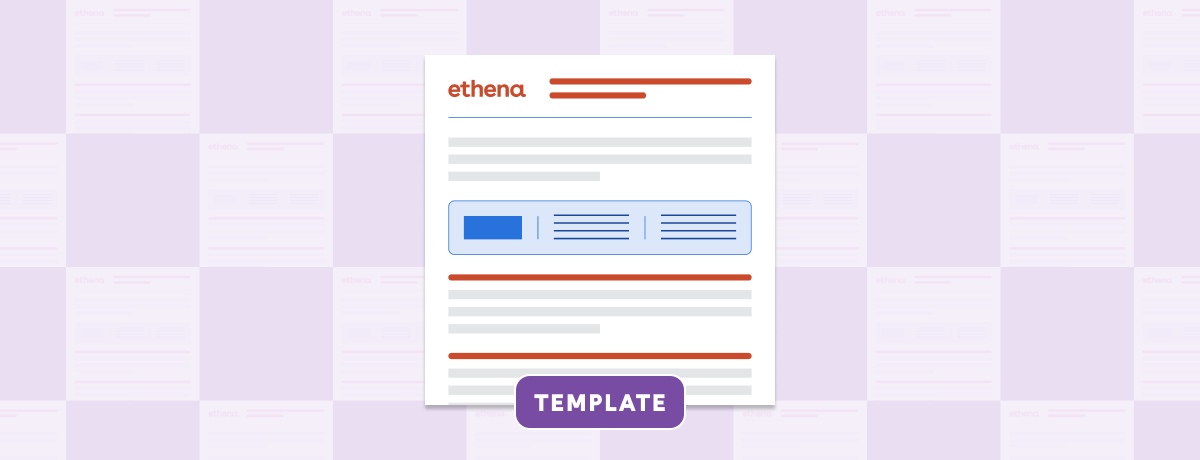No two ways about it: HR pros today face significant burnout due to the multifaceted demands of our roles.
We’re tasked with managing employee relations, recruitment, compliance with labor laws, and organizational development — all of which require constant emotional intelligence and problem-solving skills. This high level of responsibility, along with complex interpersonal dynamics, can even lead to chronic stress and fatigue.
No wonder we’re all a little frazzled.
So what do you do when the company’s doing fine, but you’re not?
I caught up with Kelli Dragovich, 4x CPO and HR Heretics Co-Creator, in a recent webinar to talk about why working in HR feels so miserable — and what we can do about it.
Why is HR so stressful?
HR is a particularly stressful field due to the multifaceted responsibilities and high stakes at play. As HR pros, we manage conflicts, navigate legal compliance, and balance the needs of both employees and management, all of which require careful attention and diplomacy. The pressure to maintain confidentiality, combined with the emotional labor of supporting employees through personal and professional challenges, makes us susceptible to burnout.
What's more, the workload can be heavy — especially during peak times like recruitment seasons or organizational changes. The need to stay updated with constantly evolving labor laws and ensure employee well-being further contributes to our stress levels, too. These factors combine to create a perfect storm of demanding (and often high-pressure) environment for HR professionals.
How to deal with HR burnout
1. Adopt a consultant mindset.
If you’re an HRBP, here’s a pill that might be hard to swallow: you likely have little to no decision-making power. But you know what? We think that’s a good thing.
Most of us have been conditioned to think it’s our job as HRBPs to do everything in our power to push our People initiatives forward for the sake of our employees. As a result, many of us have become embroiled in a constant state of emotional burnout.
Many HRBPs leave in-house work because they feel emotionally drained. This is what makes consulting work so appealing: the idea of being able to detach from the decisions clients make.
The best HR consultants aren’t ruminating over whether or not their client acted on their advice, so why are you? It’s time we view ourselves as expert advisors, whose purpose is to guide and advise. Our goal should simply be to root out underlying issues so that the client (AKA our stakeholder) can make the most well-informed decision possible.
Here are two tips on how to think like a consultant:
- Don’t take it personally. Say a stakeholder chooses to go in a different direction — it’ll happen! — you can emotionally detach by reminding yourself, “I did my job to provide my expert opinion. And they did their job of making the final decision.”
- Be protective of your time. Consultants are masters at setting and enforcing boundaries. Maybe you’re on vacation or at a family event and you’re getting inundated with emails. Don’t make a habit of responding to non-emergencies when you’re off the clock.
“You train people how to treat you.”
Kelli Dragovich, 4x CPO and HR Heretics Co-Creator
2. Reframe your role as advisor and facilitator — not enforcer.
HR should not be responsible for driving culture change, enforcing a high performance culture, or making the leadership team get along with each other. I’m not saying that we shouldn’t play a role in these things (of course we should!) — but we need to get out of the enforcer mindset.
Instead of trying to enforce things we don’t have authority over (see tip #1), focus on partnering with and empowering the person who actually does have the power to drive these initiatives: your CEO.
Let's check out some examples.
Imagine you’ve noticed some communication breakdowns across the leadership team. Rather than play mediator, flag to your CEO that you’ve noticed some dysfunctional behaviors across the leadership team and proactively share a few recommendations; a team building exercise, an EQ check-in during their next 1:1, etc.
Or, maybe you’re focusing too much on enforcing high performance. Rather than pressure managers to hold their teams accountable to high standards, tell your CEO that you’ve noticed a trend with managers struggling to uphold performance standards. Always remember to come prepared with a few recommendations on how to approach and solve the problem; for example, informing the team of the issue, doing an expectation-setting reset, etc.
Your focus should be on advising and facilitating, so prioritize building and maintaining strong relationships across the company.
3. Make sure you’re spending time on the right things, not the wrong things.
One telltale sign of burnout is feeling exhausted at the end of the day, even though you haven’t necessarily accomplished all that much. You’re likely spending too much time on the wrong things, and not enough on the right ones.
The bulk of your time should be spent on high-impact work that you are uniquely positioned to take action on.
- DON'T ❌ argue in circles with your leadership team.
- DO ✅ strategically partner with your CEO to take action of challenges.
- DON'T ❌ obsess over damage control for poorly managed employees.
- DO ✅ empower managers to navigate performance discussions themselves.
- DON'T ❌ waste time on inefficient admin processes.
- DO ✅ invest in automation for those tedious admin tasks.
4. Build relationships and seek out support within the HR community.
When it comes to burnout, it helps knowing you’re not alone.
Regardless of whether or not other HR professionals are talking about it, everyone has likely felt burnt out at one point during their career. Building a network within (and even outside) your workplace can provide emotional and professional support.
Here are some things to try:
- Seek out a mentor in the HR field
- Try participating in a few networking events — in-person or virtual
- If you’re a member of SHRM or CIPD, you can participate in discussions and seek out advice there
We may be biased, but we think Ethena webinars are a great place to connect with other HR folks! You can check out our upcoming and on-demand webinars here.
The final word
Burnout in HR is a serious issue that requires attention and proactive measures. By understanding the causes and implementing strategies to combat burnout, we can maintain our well-being and continue to play our vital role in building and maintaining healthy, productive workplaces. Any businesses that recognizes and addresses the unique stresses faced by their HR teams will benefit from a more resilient and effective HR department, ultimately contributing to the overall success and well-being of the entire workforce.











